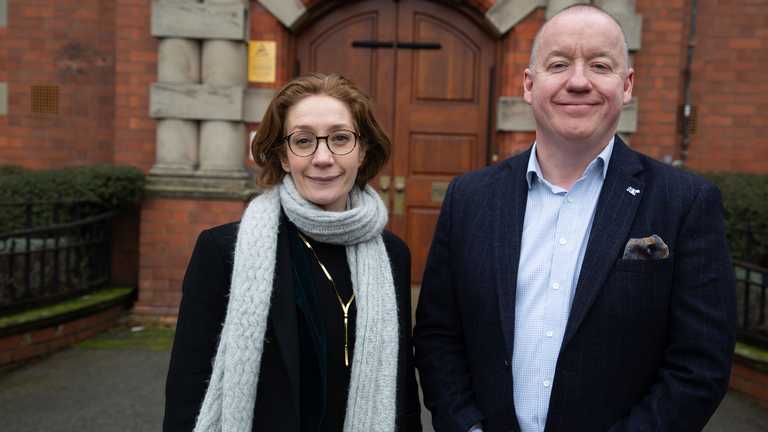

Loading search...
Loading search...
Loading site search...
Loading site search...
Loading site search...
Loading...
Loading site search...
Loading site search...
Posted 23 October 2017
“I think urban residents feel comfortable as long as food supplies in local stores are continuously restocked, unaware of the many potential future problems that agriculture faces in keeping-up with global food demand with limited land resource.”
Recent Harper Adams University BSc Agriculture (top-up) graduate Tom Payton looked at the benefits of farming fresh produce to the local community in inner city areas for his degree research project (DRP).
The 24 year-old from Brierley Hill in the West Midlands focused on the social and environmental benefits to communities which partake in fresh produce projects. To do this he looked at a number of information sources, including case studies of previously run projects, most of which had been run in the United States of America.
Tom said: “I found the schemes benefited a number of areas. Mostly in the areas of: health, urban food security, economy and employment, education, sense of community and environment.
“In multiple studies, participation in fresh produce production in urban areas was found to help combat obesity rates and chronic diseases, such as diabetes, by increasing the availability of healthy alternatives to local residents, while encouraging healthier dietary and lifestyle choices.
“As well as participation having a positive correlation with healthcare and wellness, with the building of community relationships rates of crime lowered, as well as rubbish dumping, delinquency and mental illness.
“A considerable amounts of evidence exists, and is mounting, that school-based urban garden programmes can be very beneficial to younger generations. Possibly one of the most important educational benefits found was that children who participate in these programmes are highly likely to share what they’ve learnt with others, who may not necessarily be involved in one themselves.
“Availability of government support is a big factor in whether a community-run urban food production system has optimal success. A lack of support from governments, at local, regional and country level, can result in a lack of resources being available to the community.”
Tom’s initial interest for looking into urban agriculture comes from being from a non-farming background. He added: “I never had any practical or theoretical agricultural knowledge or experience before the age of 17. I was unsure what to do after sixth form and so decided to study a Level 3 Agriculture Diploma, and gained some experience on a local farm before starting. Both working on the farm and studying the subject of agriculture made me realise how little I knew and been taught about where food comes from and how it is produced.
“I think urban residents feel comfortable as long as food supplies in local stores are continuously restocked, unaware of the many potential future problems that agriculture faces in keeping-up with global food demand with limited land resource.”
While researching his project, and reading the information about the schemes being run in the USA, Tom realised that this was an area he was interested in looking into further. He said: “While researching my project, I spent a lot of time looking at companies in the USA that either run an urban agricultural food system or grow crops with the specific aim of supplying sustainable, top-quality produce to local residents. I’d not known what to do after university for a while, but after reading some of their information on what they are attempting to achieve I started to believe that this was something I could really get into and enjoy.”










We use cookies to ensure that we give you the best experience on our website. If you continue without changing your settings, we'll assume that you are happy to receive all cookies on the website. However, you can change your cookie settings at any time.